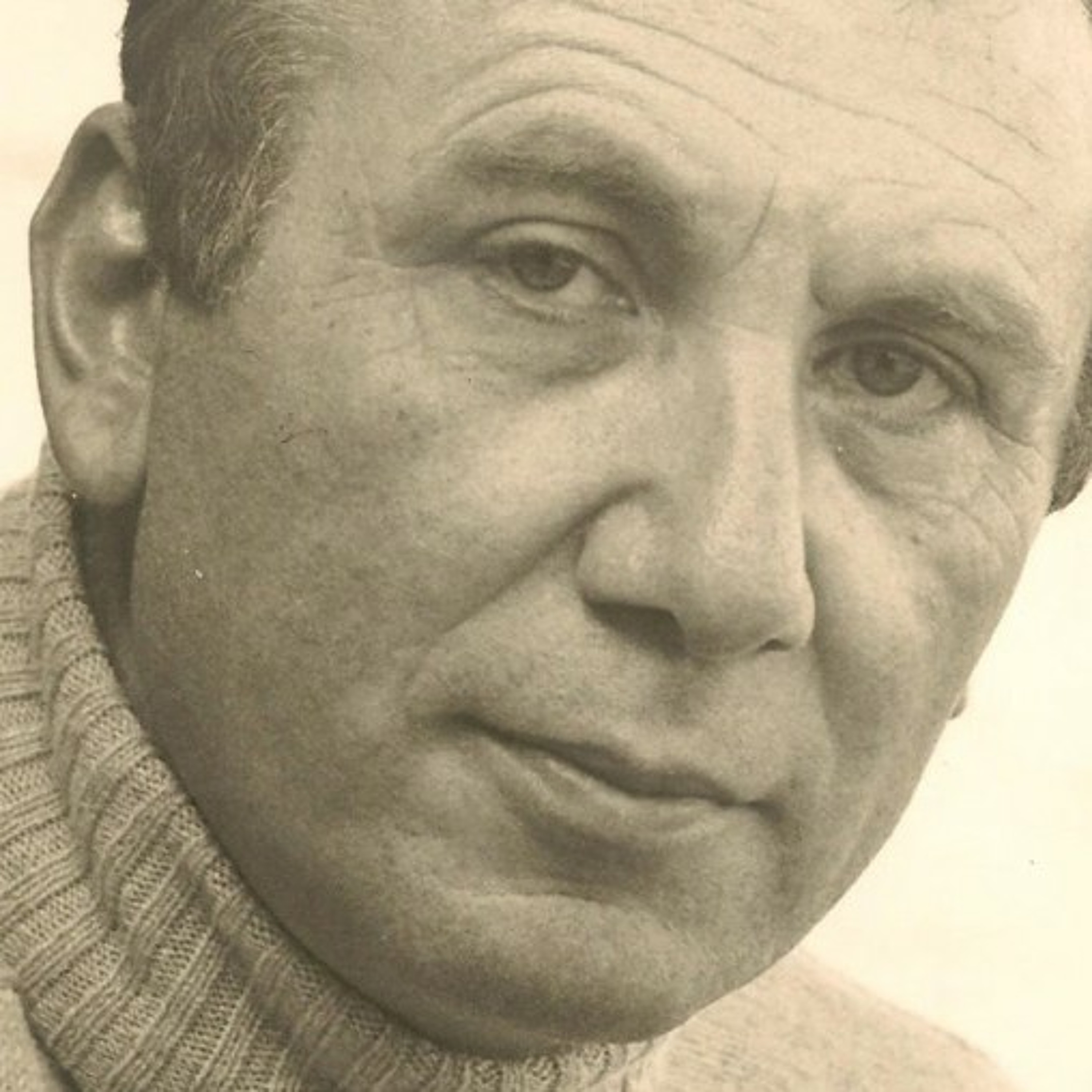

Syrian poetry had been formed in close connection with poetry in Lebanon, Iraq and Egypt, and is therefore part of an all-inclusive picture which is the picture of Arabic poetry. Individual poets, in multiple poetic idioms, are included in this poeticity. However, in my mind, there is no stylistically particular Syrian poetry distinct from the poetry written in neighboring Arab countries. The three of them crumbled traditional literary trends and invented new poetic sensibilities, initiated deviations, and started esthetic and artistic coups. Had we omitted three of them: Adonis, Muhammad al-Maghut and Nizar Qabbani, Arabic poetry would have probably looked very different today. Syrian poets opened crossings and paved paths, molded styles and discovered untouched poetic terrains in Arab poetics. Its importance lies in the fact that it tries to fill a gap, pave a road yet untraveled by French readers and scholars, a different road leading to modern Arabic poetry. The horizon is distinctly an Arab horizon. Saleh Diab: The book claims the title of “Contemporary Syrian Poetry”, and so, this anthology cuts across a country called Syria, and opens up to the Arab world in its entirety. Hussein Bin Hamza: What is the importance of publishing an anthology of Syrian poetry today? I talked to Saleh about this anthology and the ways in which it proposes to read Syrian poetry today: It is an anthology of modern Syrian poetry, and as anthologies tend to do, the book has already begun to draw responses and controversy. His latest book, Contemporary Syrian Poetry ( Poésie Syrienne Contemporaine, Le Castor Astral, 2018), recently appeared in French from Le Castor Astral (with a beautiful, expressive cover by the artist Youssef Abdelke). He wrote a Doctoral Thesis on modern Arabic poetry, a Master of Advanced Studies thesis on “Arab Women Poets after Nazik al-Mala’ika”, in addition to a Master’s thesis on “the Body in the Poetry of Arab Women.” Aside from his own work, Saleh has also translated and written scholarship on poetry. Saleh, who lives in Paris, published several collections of poetry: A Dry Moon Watches over My Life (1998), Greek Summer (2006), You Go for Me with a Knife, I Go for You with a Dagger (2009), and I Went Through My Life ( J’ai visité ma vie , 2013). Not only in writing, but also in reading poetry and keeping up-to-date with it, in studying the history of Arab poetics and its modern developments that went off in various currents and included varieties of experiences and idioms.

Since the beginning of his career, Saleh Diab has been busying himself with poetry. PhD Candidate, Harvard University Saleh Diab: My anthology tries to throw light on Syria’s most beautiful face I have also added seven poems from the anthology in my own translation into English. The interview was first published Main Ḍaffa Thalitha, the cultural supplement of the UK-based news platform al-Arabi al-Jadid and is translated with the author’s permission. He also speaks of his own personal investment in reading and translating these poems, offering by the way a poetic theory of translation. In this interview, Diab presents his views about the place of Syrian poets in modern Arabic poetry, discloses his criteria of selection as an anthologist, and addresses the importance of translating poetry of high aesthetic merit from Syria in the current context of the proliferation of shallow media images of the country and its arts. This selection was compiled and translated over the course of more than eight years. Saleh Diab’s recently published bilingual anthology in French and Arabic consecrates the Syrian contribution to Arab poetics and world poetry. Poet Saleh Diab recently edited a bilingual, French-Arabic, anthology of Syrian poetry:īy Daniel Behar, Hussein Bin Hamza Saleh Diab.


 0 kommentar(er)
0 kommentar(er)
